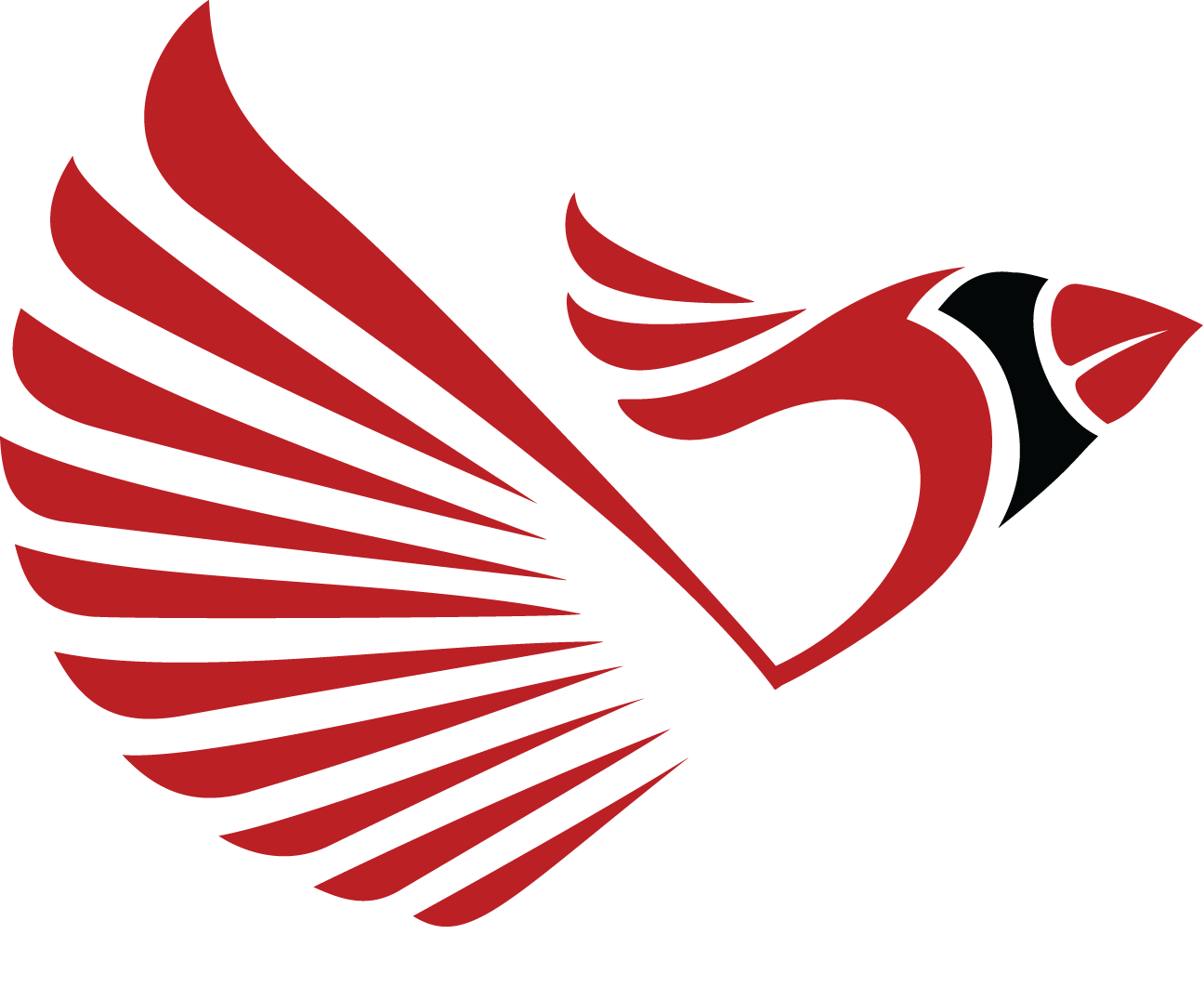Basic Physiological Needs Feed three times a day from the time you bring your puppy home until about six months of age. Then you transition to twice a day. Your veterinarian will tell you what is the best timing for this change for your puppy usually based on body composition. Access to water throughout the day. While in potty training mode, we recommend water with meals (all three), additional water in between meals, but take up once finished. No water after 7 to 8 pm depending on what time you go to bed. Stopping water a few hours before bedtime will help your puppy to not need to potty during the night. Also, a final potty break just before the last person turns in will go a long way. Pups need to nap several times throughout the day. This allows them to organize what they have learned and to grow strong, as well enabling them to process information well. Pups area should be kept clean at all times. When cleaning and consistency is not reinforced, it may take longer for your pup to adjust. Finally, an untrained puppy can be quite an annoying adult dog. No recall, no known commands, hence, no obedience. Lack of training does not equate to love. Safety Physical and Emotional Safety The first few days will be somewhat stressful for your new puppy. Everything is new - no mommy, no siblings, no familiar smells. They need to be loved and snuggled. Along with this there is a need for the following. Containment or safety barrier. This is highly recommended for your puppy. This will aid in the success of house training your puppy. Some families use options like a play pen area, crate, baby gate in a small room (like a kitchen, office, mud room etc). Your puppy does not need free rein of a room or the house and will excel with proper boundaries. Just as it is not wise but could be extremely dangerous to allow a baby or toddler to roam a room or home freely, the same for a puppy. When out of its crate or playpen, your puppy needs constant supervision. You don’t want them to get into things that are not good for them, or eat things that you prefer they not.... Be proactive for your puppy’s success. When they are out of the play area and you are watching them, it is comforting for them to have a leash on and even dragging the ground. This gives them some sense of stability. Keeping them in a small area really helps them with security the first couple of weeks. They do not need to be taken all over the house. They are seeing, hearing, and smelling so many new and different things. Psychological Needs Your puppy will need affection, training, and proper socialization. The first sixteen (16) weeks are critical for this stage! Puppies need to be mentally stimulated. You can make sure you are properly stimulating your pup by allowing them to work to earn resources, i.e., learning cues and self control through consistency and positive reinforcement training. When puppy is in its crate or play pen, have toys that make the puppy work and play and get rewarded, such as Kong toys with kibbles inside, noise makers, cows hooves, but not toys that can be chewed up. Additionally, pups need me time. This will offset separation anxiety in the future. Napping or sleeping in their crate overnight is a good thing, not neglect. GBut remember, pups should not be in a crate more than 3 hours at a time.




